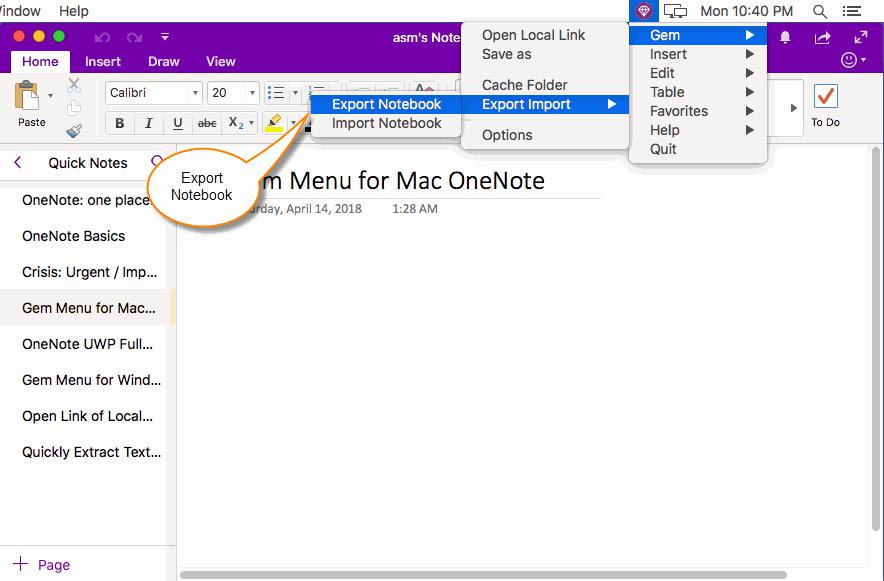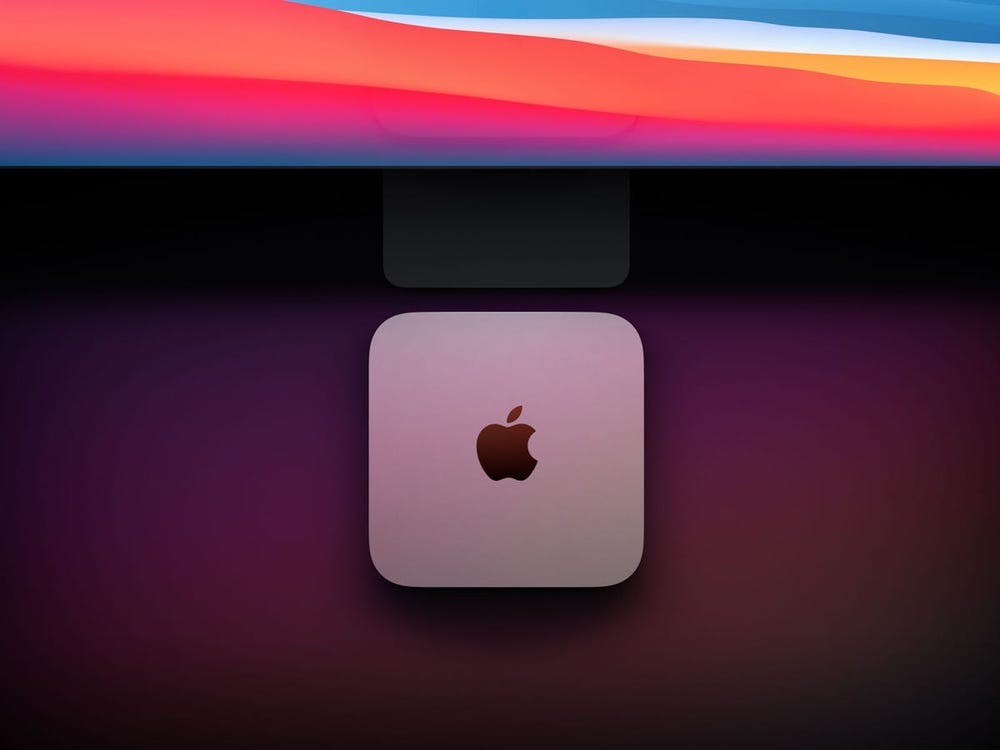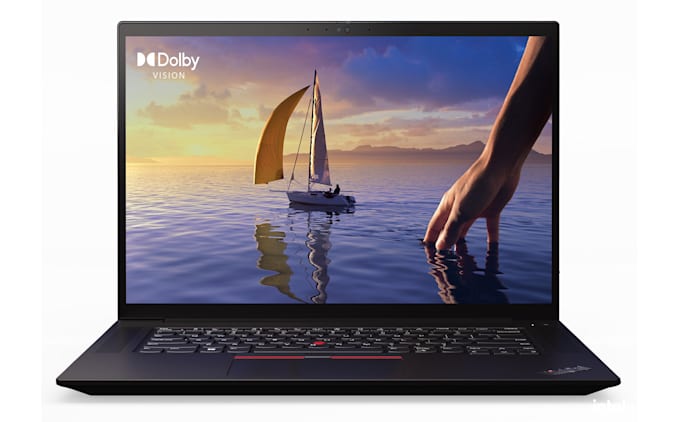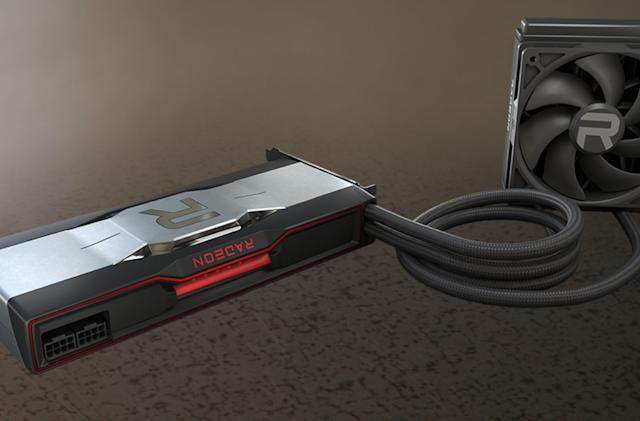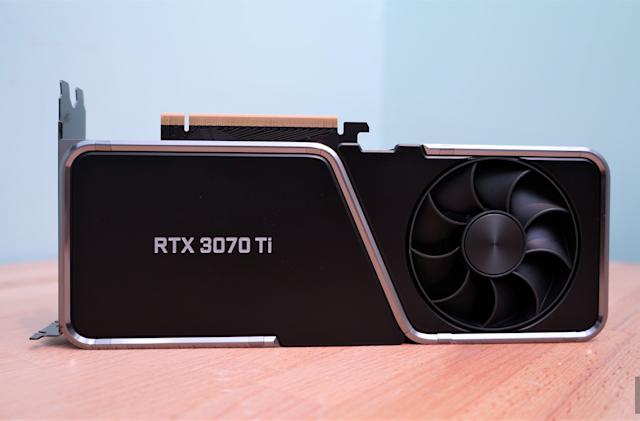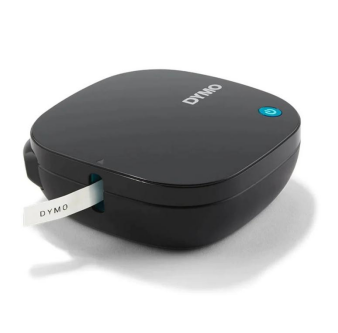Students don't need to rush and buy a new laptop for Windows 11 as long as their laptop isn't too old
Microsoft recently announced its new Windows 11 operating system that's being released later in 2021.
For students, the Windows 11 release could prove awkward. It begs a few questions, like whether students need to buy a new computer, or can they keep using the computer they have now.
In the past, a new Windows operating system wasn't the biggest deal, as pretty much any computer (PC) could upgrade to the latest version without much issue. However, Windows 11 comes with some requirements that not all computers have, even those as young as just four years.
"Later this year" in 2021, Microsoft promises. It will be a free upgrade for all eligible computers that will roll out in waves across a number of weeks.
Windows 11 isn't likely to somehow revolutionize the way you work for school, but it will come with a variety of new features and design elements that refreshes and modernizes the Windows experience overall.
One of the new features that could be useful is Desktops, which will let you create different desktop windows for different uses that can help organize and declutter the way you use your PC. Think of it like having multiple monitors, where you have one monitor for school and one monitor for personal stuff. And instead of glancing between monitors, you switch between your desktop windows on your single screen or monitor.
For example, you can dedicate a desktop window to school alone, with web browser windows, documents, and apps that are only relevant to school stuff. In another desktop window, you can keep browser windows and apps that you use for personal stuff separate from your school work.
Snap Layouts will also help organize your open windows on your desktop, like apps and documents. You'll find this useful if you often have several open windows and you're spending time resizing them and placing them neatly around your desktop.
Otherwise, Windows 11 will let you use finger gestures, voice, and a stylus pen in more apps to make note-taking more useful and accessible.
If you have a fairly recent PC from around 2018 or later, you'll likely be fine. If it's four years old or older, it's unlikely to support Windows 11.
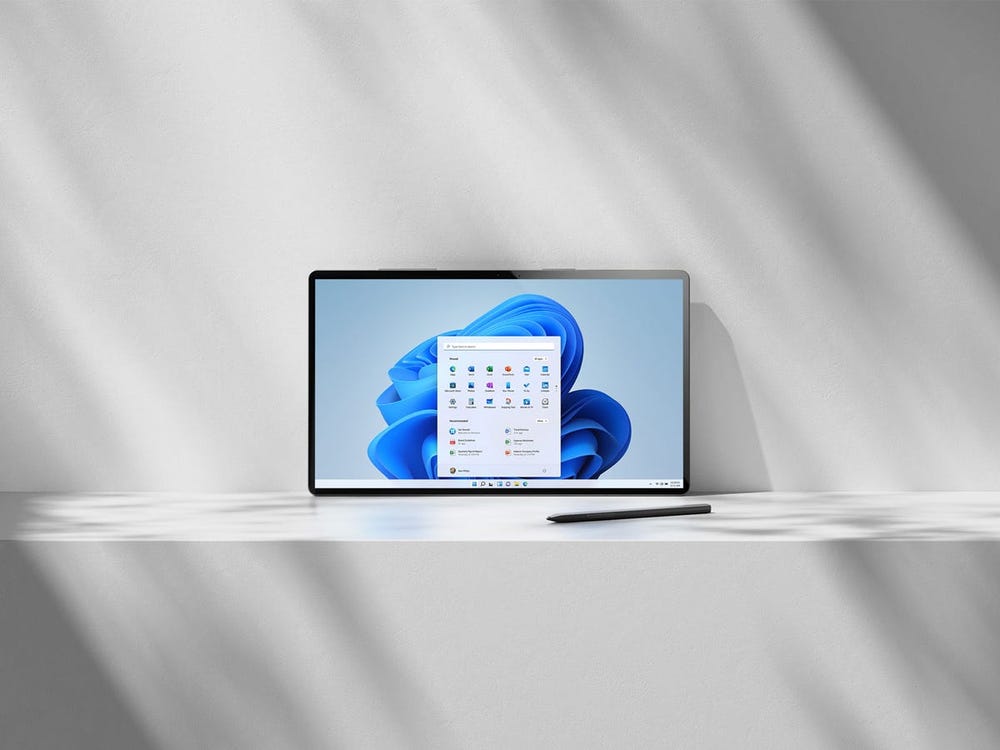
The requirements for Windows PCs to run Windows 11 are higher than Windows 10, but most recent PCs will run Windows 11 as long as they're running on a processor (CPU) from 2018 onwards. It's even worth checking if you bought your PC in 2018, as it may be running on a processor that's a generation too old to run Windows 11.
Specifically, your PC must be running on Intel's 8th-gen processors or later, or an AMD 2000 series CPU or later. Intel and AMD also have other lines of processors that will support Windows 11. You can see a full list of Intel processors that will support Windows 11 here, and a full list of AMD processors that will support Windows 11 here.
One way to check what processor your computer is running on is in Task Manager.
Press Ctrl+Shift+Esc to bring up Task Manager, then click the Performance tab around the top left. You will see the processor model name and number above the chart in the CPU tab.
Nope, Windows 11 will be a free upgrade if you're currently using Windows 10. However, there will be a premium paid version known as Windows 11 Pro with features such as local accounts that power users normally look for. The price of Windows 11 Pro hasn't been announced yet.
Thankfully, this won't be the case. Windows 10 will continue to be supported until October 14, 2025. After that, your Windows 10 PC is unlikely to get any new features or active security updates from Microsoft.
After 2025, you'll still be able to use your Windows 10 PC, even without feature or security updates. However, it wouldn't be recommended to do so, as up-to-date security updates are important to patch up vulnerabilities when going online.
You don't need to buy a new PC until 2025, when Windows 10 essentially becomes obsolete.
It's not an absolute necessity if your current PC runs just fine, even if it's on the older side. Windows 10 itself won't hold you back compared to Windows 11.
If your computer is running slowly, then that's a good reason to get a new PC, as a laggy computer can drag you down for school work.
Yes, Microsoft says that any new Windows PC you buy today, whether it's a laptop or desktop, will support Windows 11.
Everything you need to know about buying a laptop for school can be found right here. We'll help you figure out how to know what you're getting for your money, what kind of hardware inside you might need, where to get the best student discounts, and deciding whether you want to go Apple, Microsoft, or Google for the operating system and ecosystem.
Latest: Need a website?
Next: NVIDIA RTX 3070 Ti Evaluation: A reliable alternative to 2070 Super
